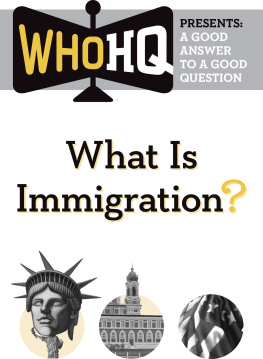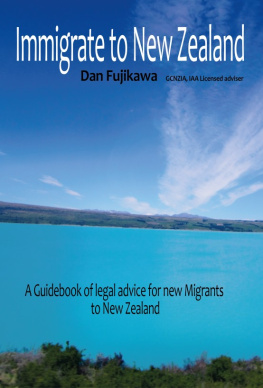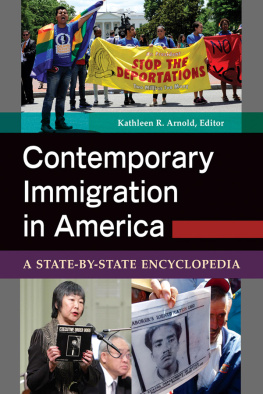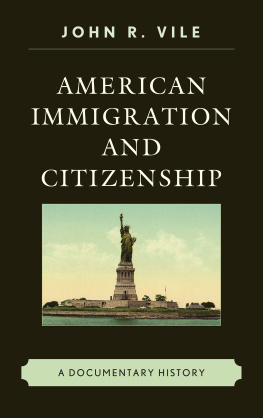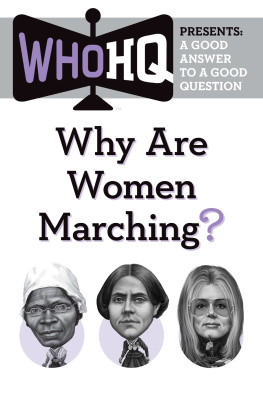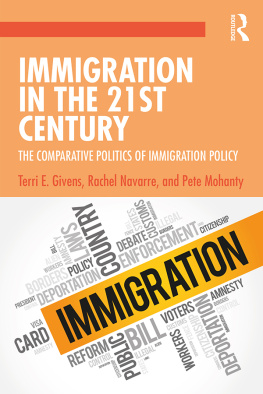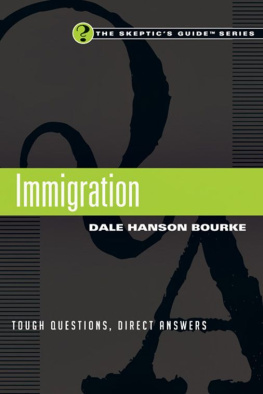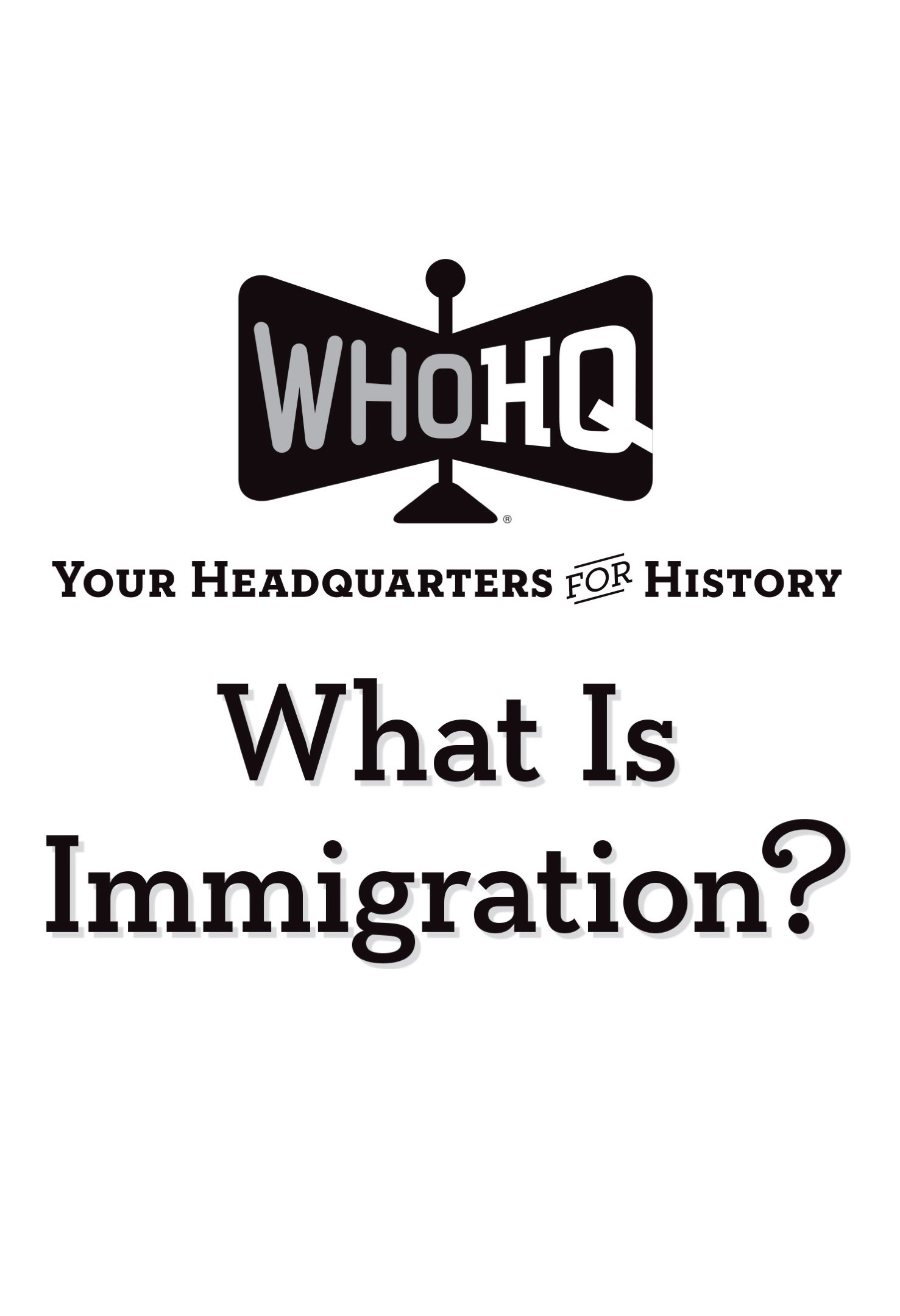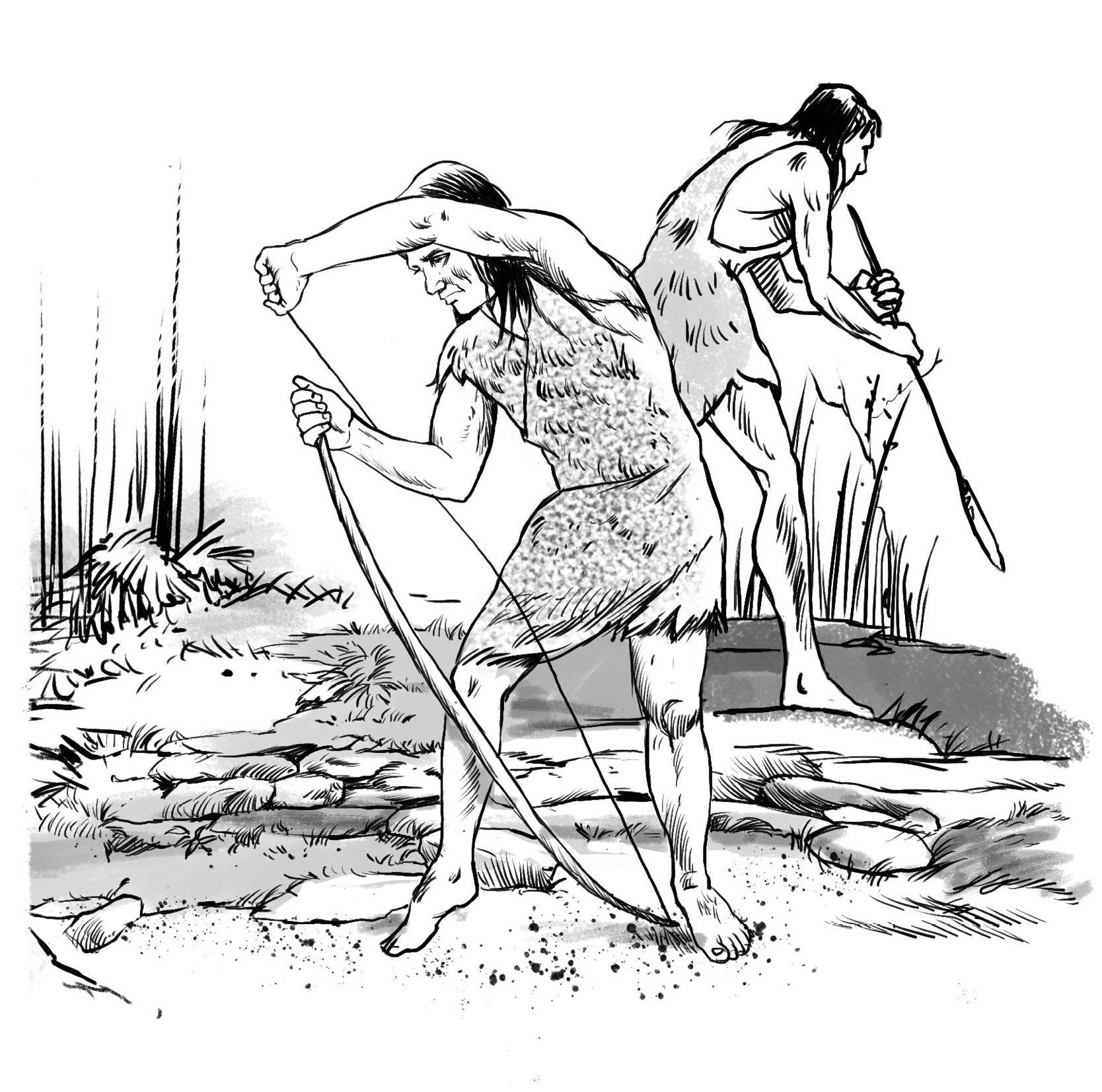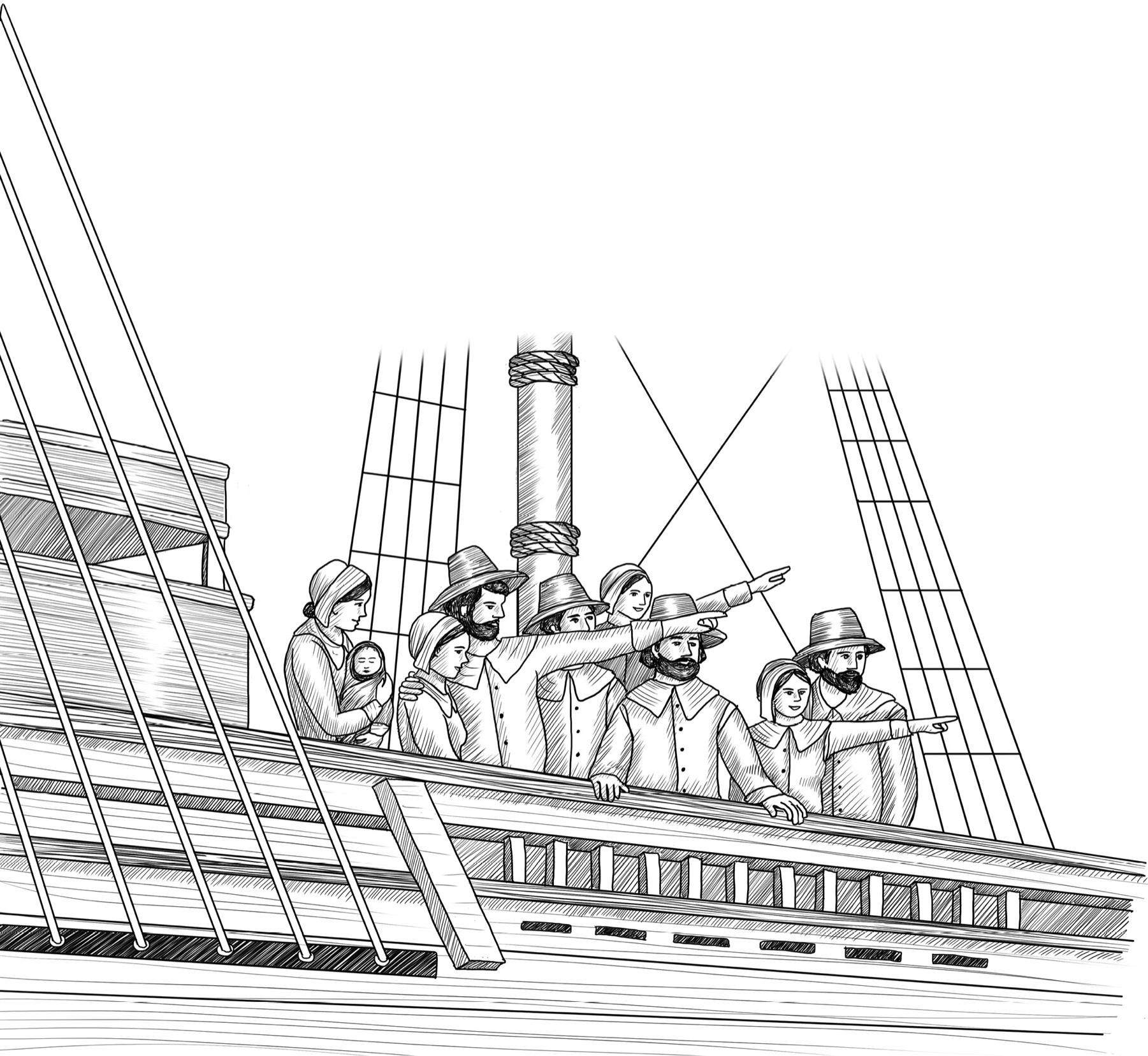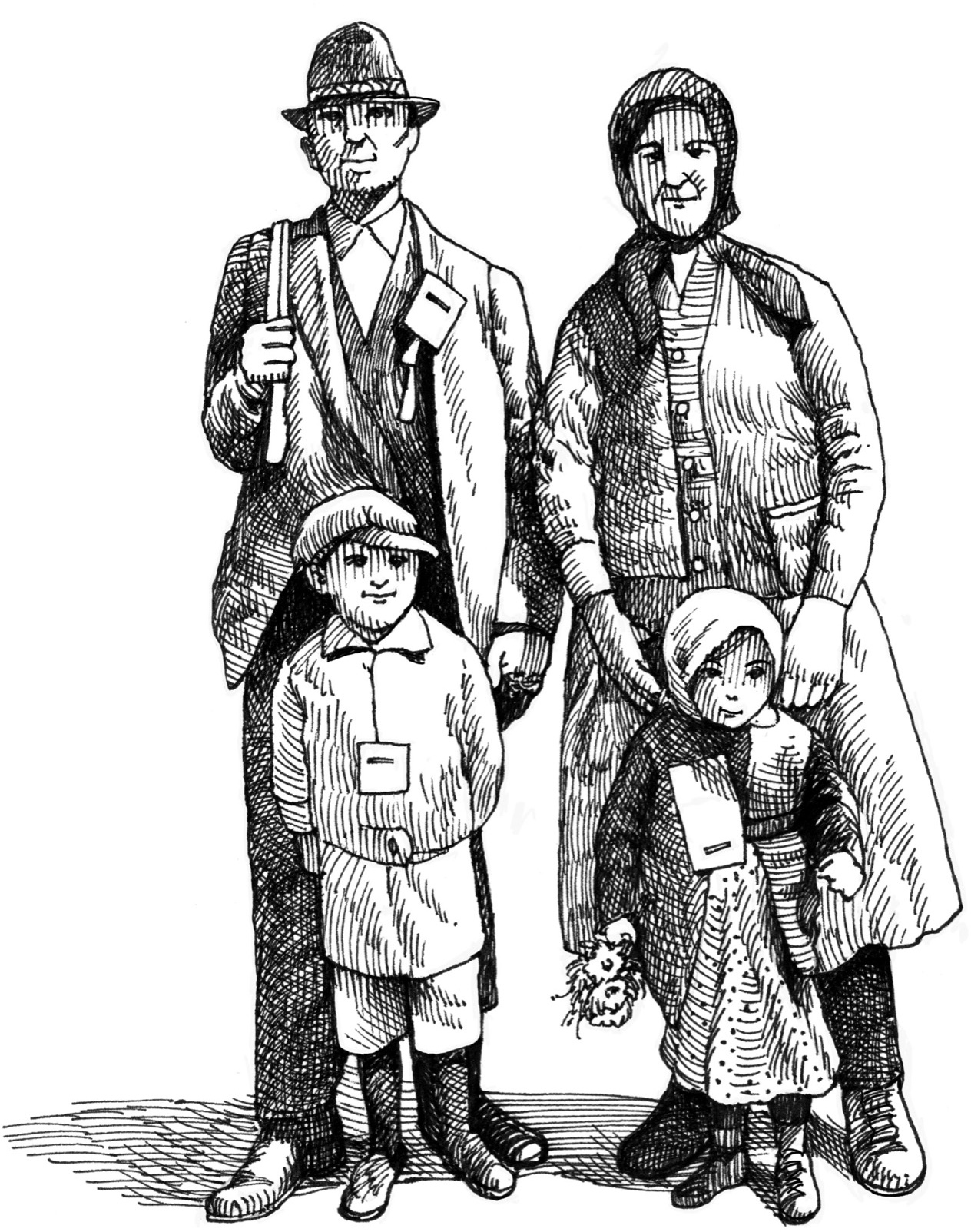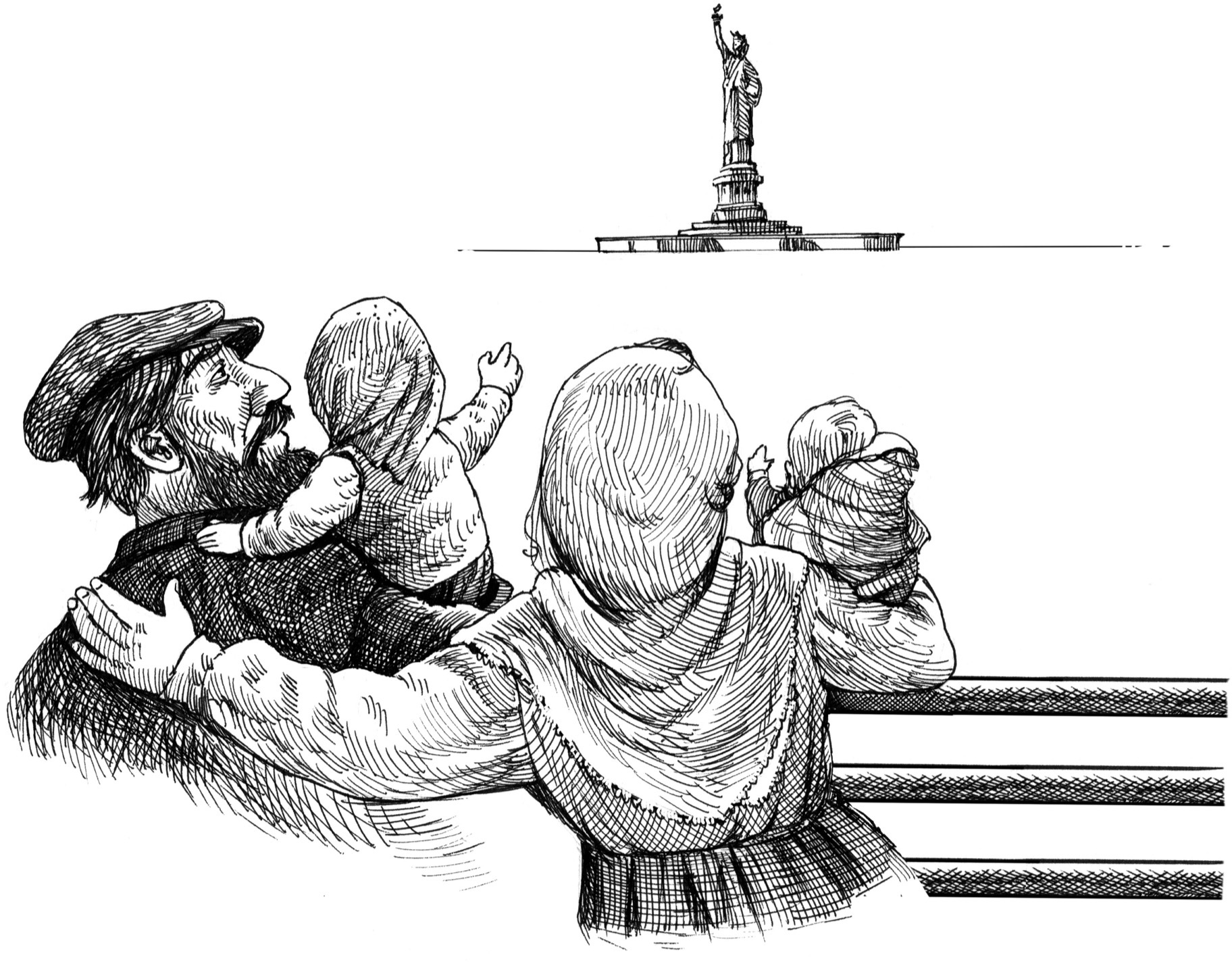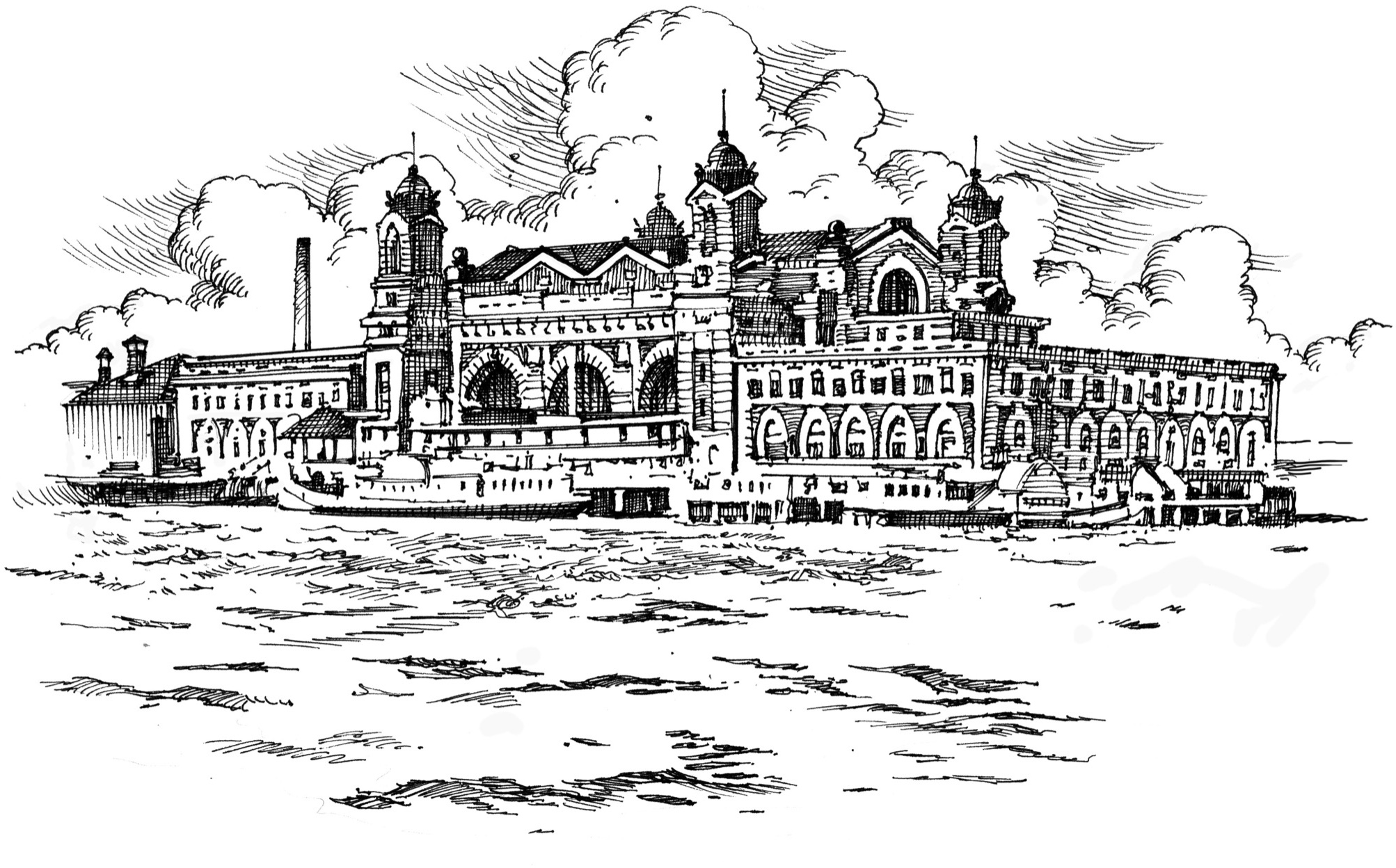PENGUIN WORKSHOP
Penguin Young Readers Group
An Imprint of Penguin Random House LLC

Penguin supports copyright. Copyright fuels creativity, encourages diverse voices, promotes free speech, and creates a vibrant culture. Thank you for buying an authorized edition of this book and for complying with copyright laws by not reproducing, scanning, or distributing any part of it in any form without permission. You are supporting writers and allowing Penguin to continue to publish books for every reader.
Text and cover illustrations copyright 2017 by Penguin Random House LLC. Illustrations copyright 2013, 2014, 2017 by Penguin Random House LLC. Published by Penguin Workshop, an imprint of Penguin Random House LLC, 345 Hudson Street, New York, New York 10014. PENGUIN and PENGUIN WORKSHOP are trademarks of Penguin Books Ltd. WHO HQ & Design is a registered trademark of Penguin Random House LLC.
Ebook ISBN 9781524787851
Version_1
Befuddled by a headline that keeps zipping across the news ticker?
Wondering whats true or false in the latest Twitter war?
Cant remember what hallowed history a holiday celebrates?
What do you want to know?
Sometimes you just need a quick primer or refresher on a certain point in order to really understand what youre reading, watching, or listening to. But research is tricky and takes time. Google something? Sure. But what if you get a bazillion hits? Which do you click and how do you know what site to trust?
Good questions need good answers from a reputable sourceand that would be us, the big-head, big thinkers deep inside WHO HQ. Weve developed these fun, single-focus e-books to answer important questions factually and fast. Well help you get a handle on essential concepts, inventive ideas, interesting people, innovative social and political movements, and breakthrough science, so youre ready to roll.
Start here...
What Is Immigration?
Moving to a new place is never easy. Yet since the dawn of civilization, human beings have made the difficult decision to leave their homes in search of a new place to live. Some traveled in search of better sources of food or more fertile land. Others fled persecution in their homeland due to their race or religion. People migrated to escape extreme poverty, disease, and oppression by journeying to a new place to create a better life for themselves and their families.
A Long, Cold Journey
The earliest mass movements of people were from Africa to the Middle East, Asia, Europe, and beyond. The first human inhabitants of North America are believed to have migrated from Siberia in Asia about 15,000 to 20,000 years ago during the most recent ice age and arrived in what is now Alaska. Groups continued heading south to different areas including what we now call the United States of America, and then some moved further into South America.
The New World Is Discovered
The next group of immigrants would not arrive in North America for several thousand years. In the sixteenth and early seventeenth centuries, English, Dutch, and Spanish settlers arrived along Americas East Coast. A group called the Pilgrims established a colony in 1620 in what became Plymouth, Massachusetts. The Pilgrims were a group who had fled religious persecution in England and then moved to Holland before settling in the new world.
Many British subjects began making the journey soon too, leaving behind poverty in the hopes of gaining economic opportunity.
The Great Melting Pot
Immigration tended to happen in waves, usually related to world events. In 1790, shortly after the birth of the United States, Congress passed the Naturalization Act. It stated that any free white person could become an American citizen.
- Early 1800sAfter tensions subsided between America and Great Britain, a large wave of Europeans began arriving. The Industrial Revolution created many new factory jobs on the East Coast, and the western expansion of the United States gave immigrants the opportunity to own land. This was something that many had never done before.
- Mid 1800sThe Great Potato Famine in Ireland caused more than a million people to seek refuge in America.
- Late 1800sJewish people from Eastern Europe and Russia came, escaping annihilation in their homelands. On the West Coast, Chinese immigrants began arriving. Their experience was different than others. They were accused of stealing jobs, and in 1882, Congress passed the shameful Chinese Exclusion Act to curb the arrival of Chinese immigrants.
- Early 1900sMany Mexicans immigrated during this time to escape the violent revolution in their homeland. This period also saw a great number of Italian immigrants seeking relief from extreme poverty.
The experience of immigrants living in the United States was often bittersweet. While they had more freedom and opportunity in this new land, they felt isolated. Many settled among people of their own nationality. They continued to speak only their native language and did not interact with those outside their community. Tension and even violence existed within neighborhoods occupied by those of different ethnicities.
A Lady Lights the Way
There is no symbol more powerful representing immigration than the Statue of Liberty. Lady Liberty, as she is sometimes called, was a gift from France as a symbol of friendship and to celebrate Americas one hundredth birthday. Immigrants on ships bound for America could see her from a distance and rejoiced that they had arrived in the land of opportunity!
In 1903, a plaque was added to the base of the monument bearing the words of a poem by Emma Lazarus called The New Colossus.
Give me your tired, your poor,
Your huddled masses yearning to breathe free,
The wretched refuse of your teeming shore,
Send these, the homeless, tempest-tost to me,
I lift my lamp beside the golden door!
An Unwelcome Welcome
Ellis Island lies just off the coast of New Jersey. It is named after Samuel Ellis, who owned the island in the late 1700s, around the time of the American Revolution. Because of its strategic location in New York Harbor, the US government purchased the island in 1808, and it was used as a federal weapons arsenal during the War of 1812.

